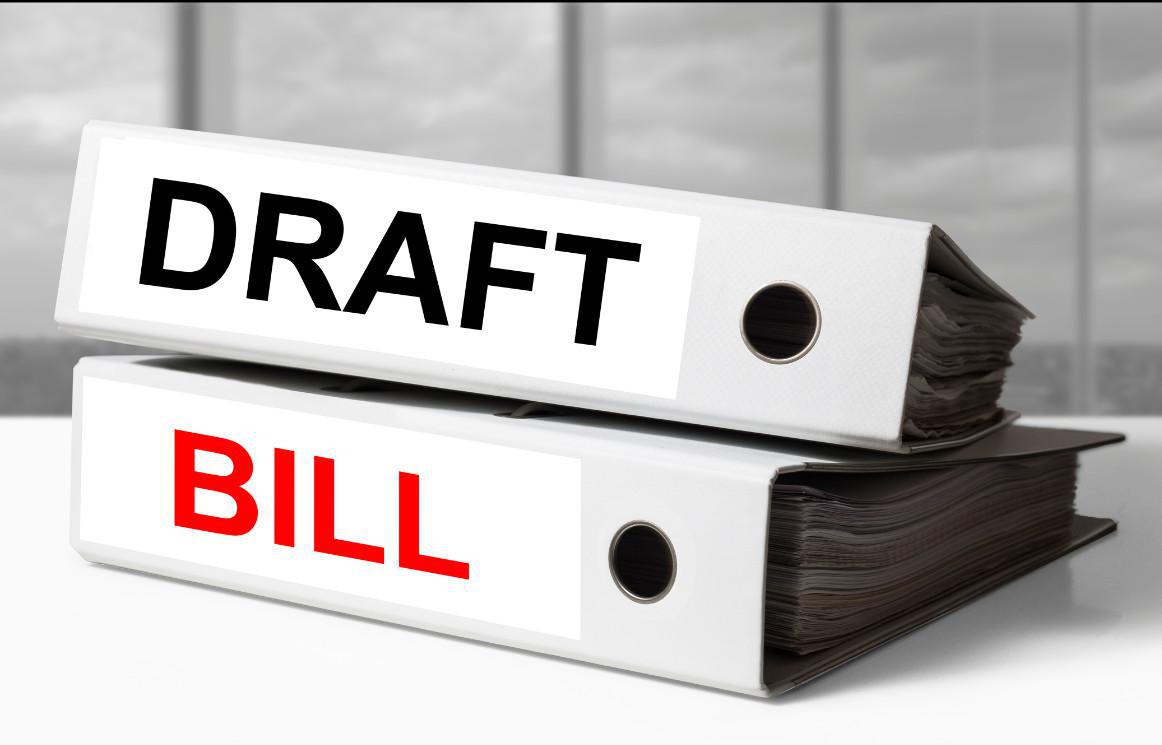Finance Minister Pravin Gordhan has unveiled a sweeping plan to overhaul the governance and management of state-owned companies, which he said have been plagued by corruption, inefficiency and poor performance. The plan, which was announced in his medium-term budget policy statement on Wednesday, aims to restore the financial viability and strategic relevance of the entities, which collectively have more than R1 trillion in assets and employ over 300 000 people.
Gordhan said the plan was the most comprehensive reform of state-owned companies since the 1990s, when the government embarked on a process of restructuring and privatisation of some of the entities. He said the current situation was unsustainable and posed a serious risk to the fiscal outlook and the economy.
The plan includes the following measures:
- A new board appointment framework that will ensure greater transparency, accountability and independence of board members, who will be selected based on merit and suitability.
- A review of the mandates and business models of state-owned companies, which will assess their alignment with the national development plan and their contribution to economic growth and transformation.
- A rationalisation of the state-owned companies portfolio, which will consider options such as mergers, closures, partial privatisation or strategic partnerships with private sector investors.
- A strengthening of the oversight and monitoring role of the Department of Public Enterprises, which will establish a dedicated unit to coordinate and support the implementation of the reform plan.
- A revision of the funding and guarantee framework for state-owned companies, which will ensure greater fiscal discipline and prudence, as well as a clear distinction between commercial and developmental objectives.
Gordhan said the reform plan was informed by international best practices and consultations with various stakeholders, including labour unions, business organisations, civil society groups and development partners. He said the plan would be implemented in a phased manner over the next three years, with regular progress reports to Parliament and the public.
He said the reform plan was not only aimed at addressing the current challenges facing state-owned companies, but also at unlocking their potential to play a more active and strategic role in driving economic growth, development and transformation. He said state-owned companies could be engines of innovation, investment and job creation, if they were well-governed, well-managed and well-aligned with the national interest.
We will keep you informed of developments in this regard.

